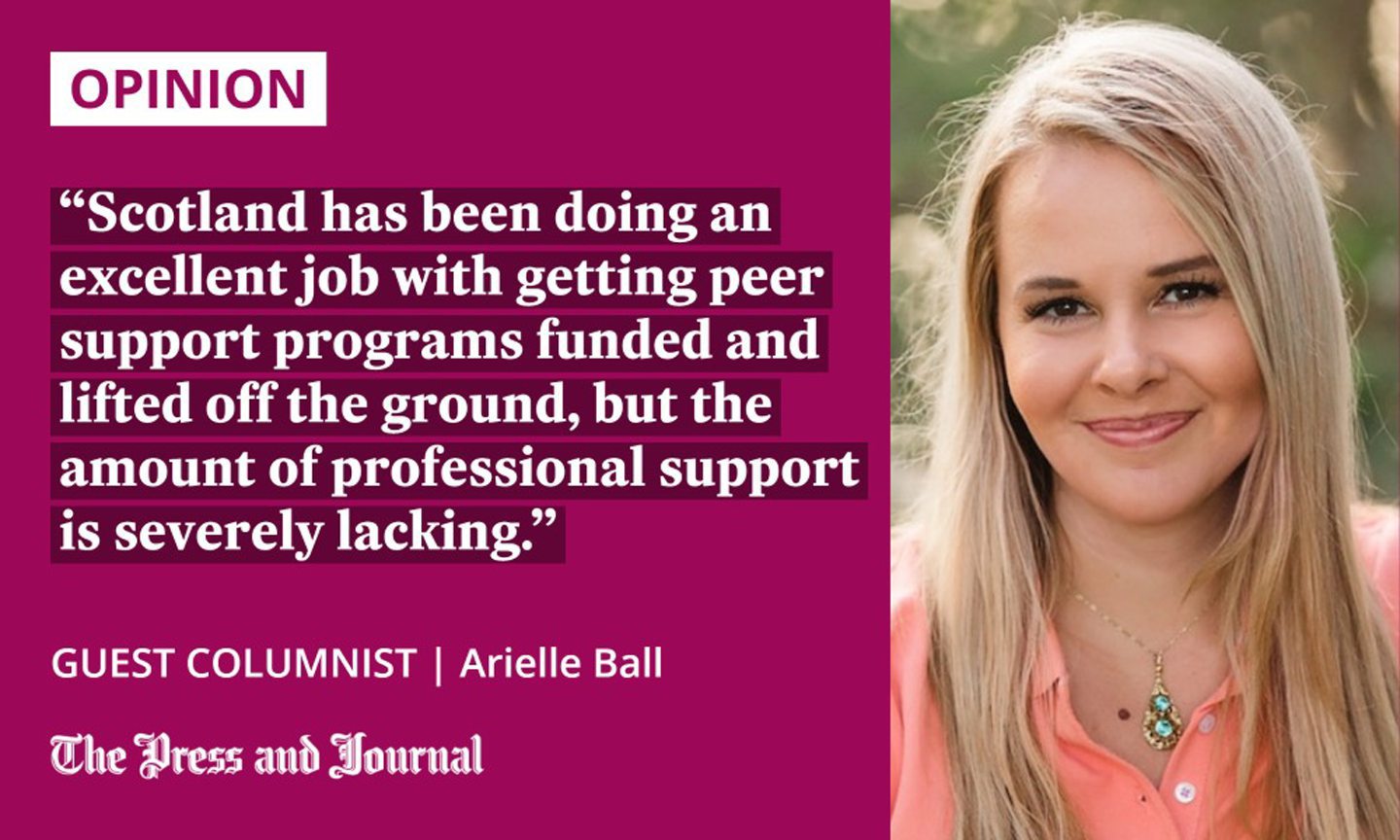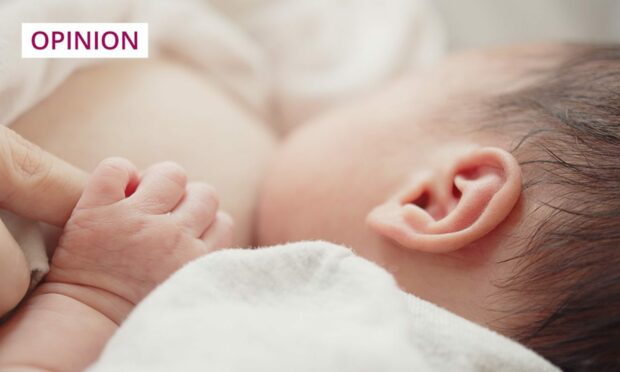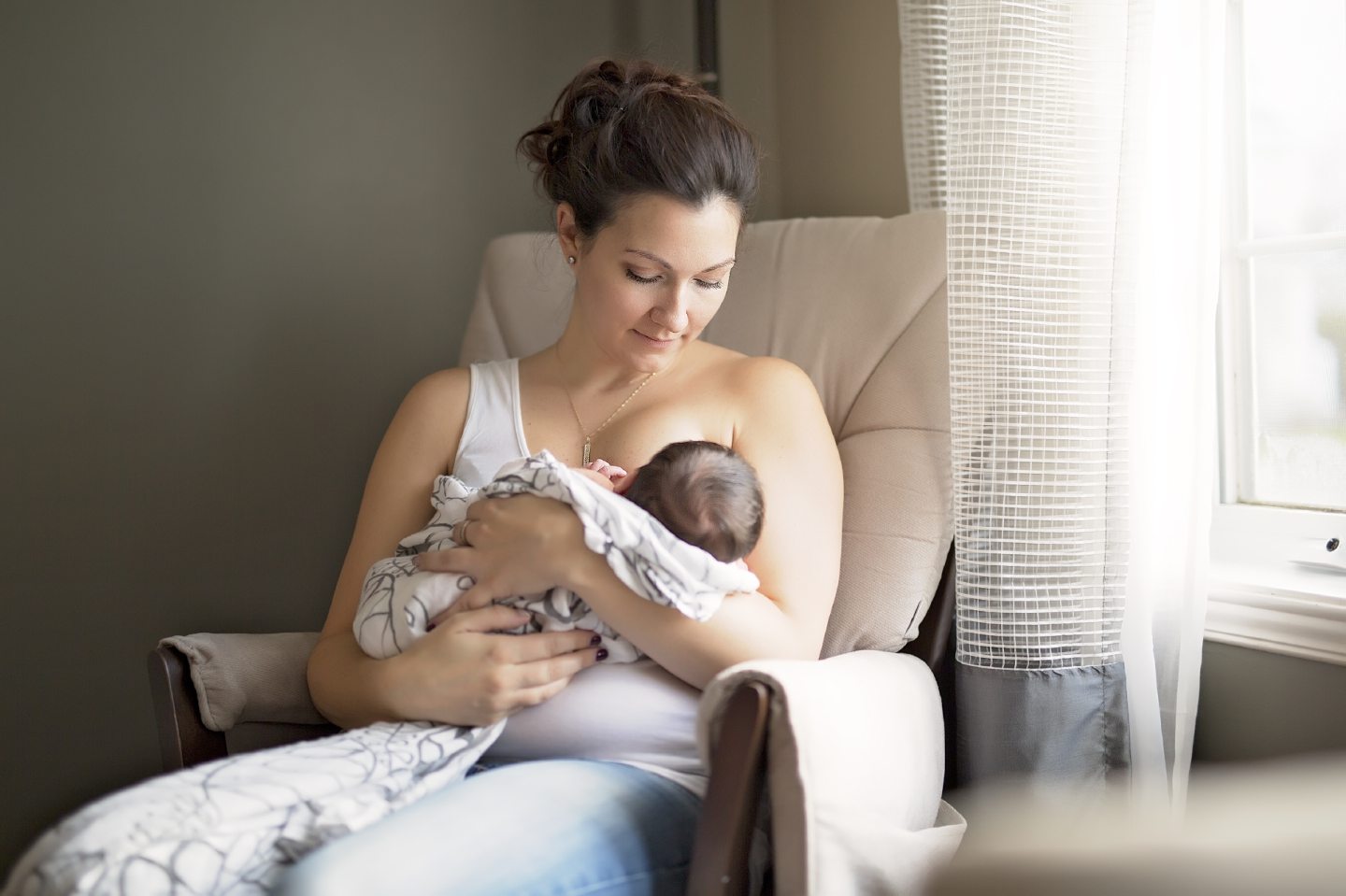Infant feeding is a highly scrutinised and moralised issue that often divides parents into the breastfeeding versus formula debate.
It is so sad to see this division of vulnerable parents at a time when they really need support from peers, family, community and healthcare professionals.
When people moralise health issues such as lifestyle choices, weight, mental health and infant feeding, they are more likely to stigmatise those who do not act in accordance with the norm. So, what is the norm in Scotland when it comes to infant feeding?

Back in 2002/03, only 36% of babies aged six to eight weeks were receiving any breast milk. That has now increased to 45% in 2020/21.
The World Health Organization recommends that all babies should be exclusively breastfed for the first six months, and that breastfeeding should continue with complementary foods for two years and beyond.
According to Unicef, improving the UK’s breastfeeding rates would save the NHS up to £50 million each year in common childhood illnesses such as ear, chest and gut infections, with fewer GP consultations and hospital admissions.
Parents want evidence-based, best practice support
Scotland has been doing an excellent job with getting peer support programs funded and lifted off the ground, but the amount of professional support is severely lacking.
International Board Certified Lactation Consultants (IBCLCs) hold the highest level of experience, training and qualifications to help provide antenatal and postnatal education and support. They are knowledgeable in all areas of lactation, and can help with both basic and complex breastfeeding challenges.
But, you can only find 17 IBCLCs listed on the Lactation Consultants of Great Britain website, and just a quarter of those are actively working in the NHS, with a primary or secondary focus in infant feeding.
As the owner of Breastfeed Scotland, a private practice infant feeding consultancy, I am far too aware of the gaps in infant feeding education and support. We’ve had clients fly in from Scottish islands for help, and our practitioners have travelled up to Inverness many times.
Hundreds of amazing parents seek our support with their infant feeding journey. Some are pregnant, some are new parents, and many have had previous breastfeeding experiences. They all have one thing in common: they just want evidence-based, best practice support from experienced professionals.
They are frustrated by the lack of education and support they’ve received. Their tears roll. The stories they tell are ones you should never have to hear.
Scotland can do so much more. The recent theme for World Breastfeeding Week 2022 was “Step Up For Breastfeeding: Educate and Support”. Let this be the year the NHS invests to help our pregnant and postnatal families. Let’s step up.
Arielle Ball is a clinical infant feeding specialist based in the north-east of Scotland












Conversation